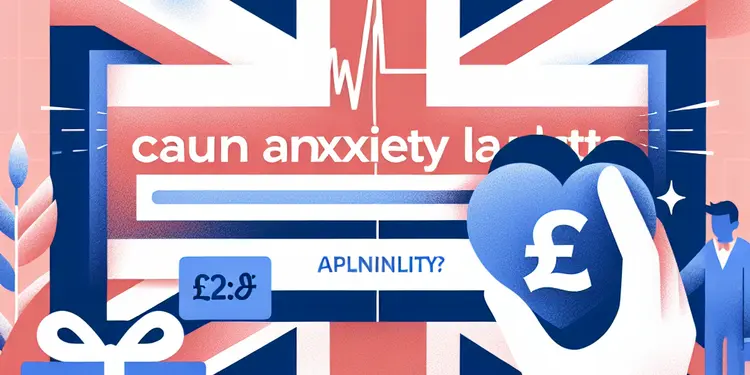
Find Help
More Items From Ergsy search
-
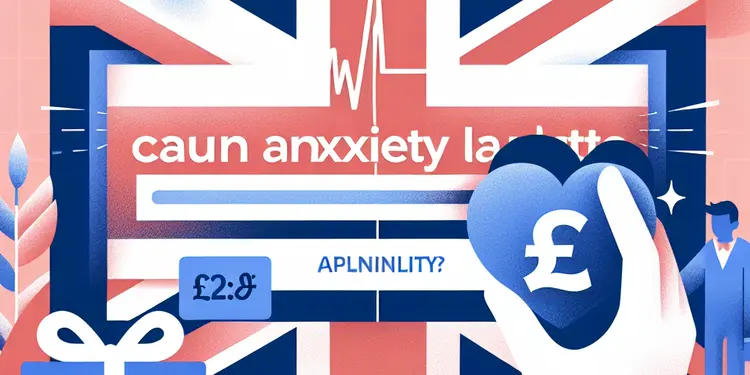
Can anxiety cause heart attack-like symptoms?
Relevance: 100%
-
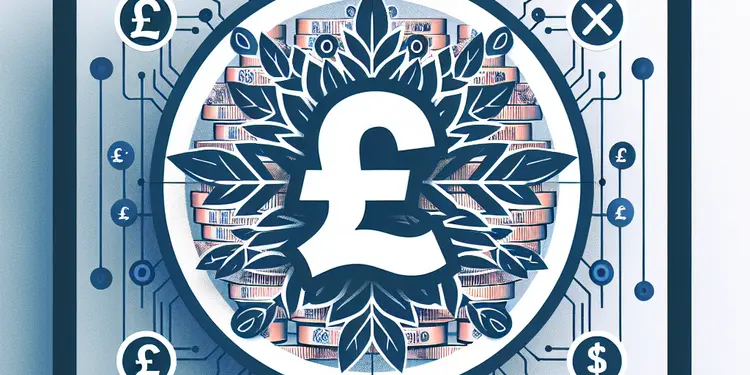
Can health-related anxiety cause physical symptoms?
Relevance: 60%
-
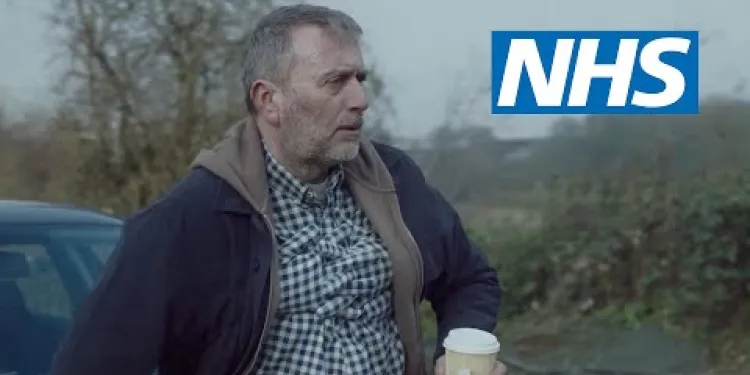
Heart Attack Symptoms - Help Us Help You | NHS
Relevance: 57%
-
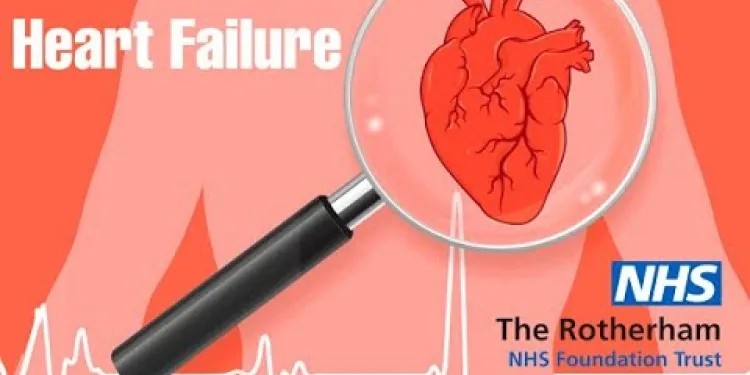
Heart Failure : Symptoms of heart failure
Relevance: 56%
-
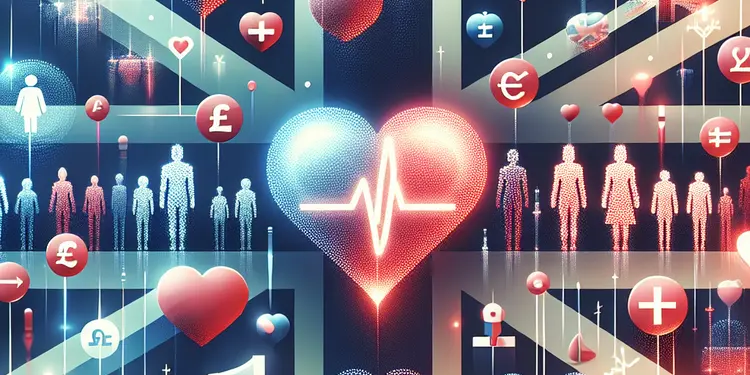
Can heart attack symptoms vary by age?
Relevance: 54%
-
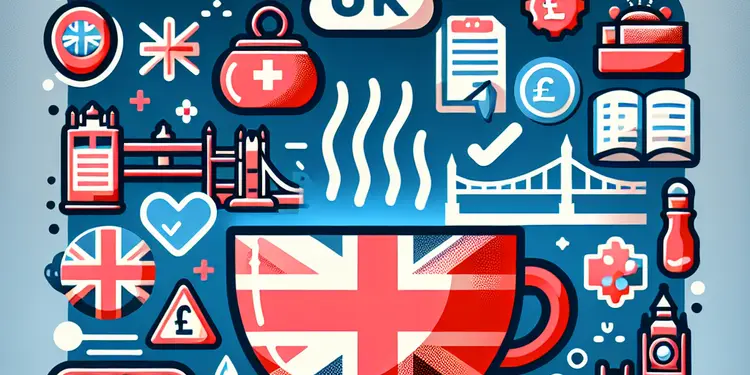
What are common symptoms of health-related anxiety?
Relevance: 53%
-
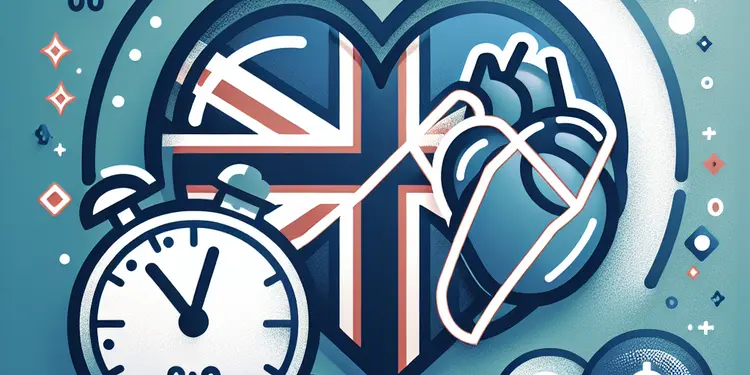
How long do heart attack symptoms last?
Relevance: 53%
-
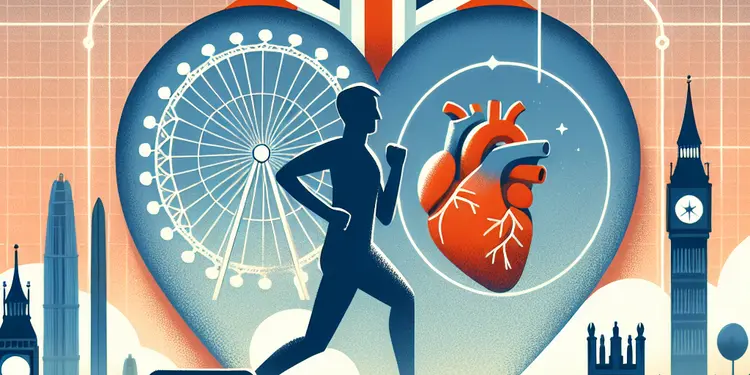
What should I do if I'm experiencing heart attack symptoms?
Relevance: 50%
-
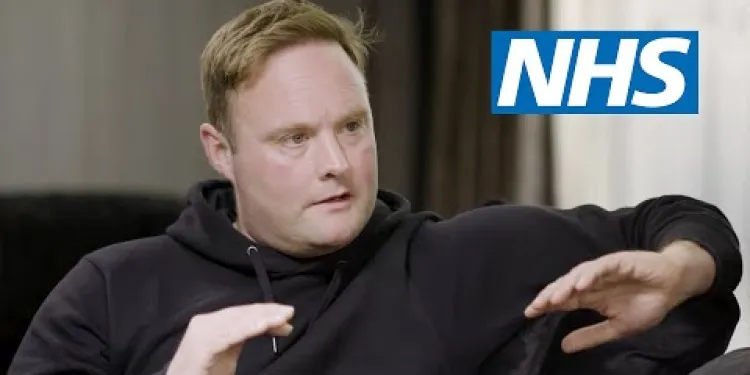
Heart Attack Symptoms - Peter Dale (Tubes) | NHS
Relevance: 49%
-
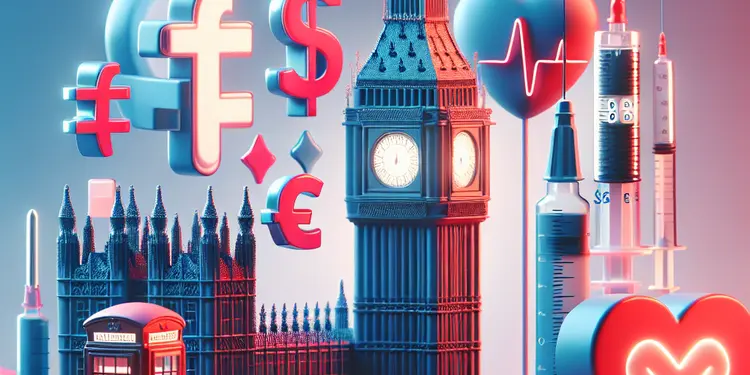
Are heart attack symptoms different for people with diabetes?
Relevance: 49%
-
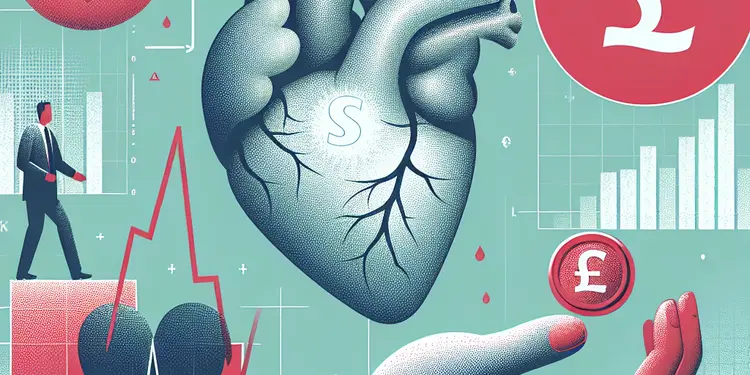
What should I do if I experience symptoms of heart failure?
Relevance: 48%
-
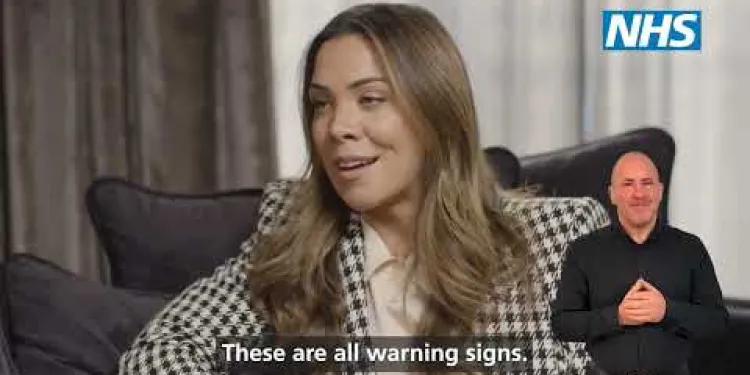
Heart Attack Symptoms - Peter Dale (Tubes) | NHS - BSL version
Relevance: 48%
-

Can women have different heart attack symptoms than men?
Relevance: 48%
-
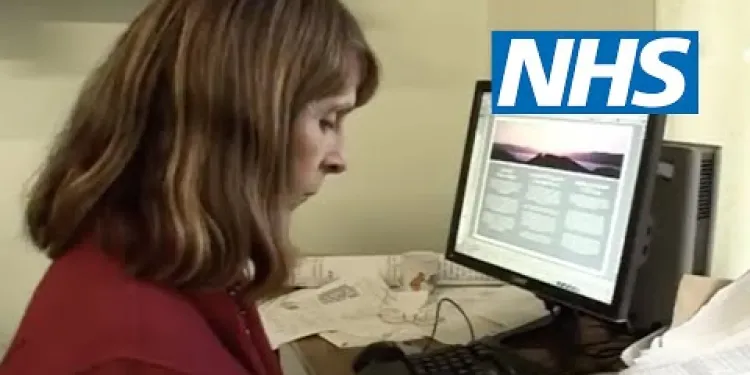
Anxiety | NHS
Relevance: 47%
-
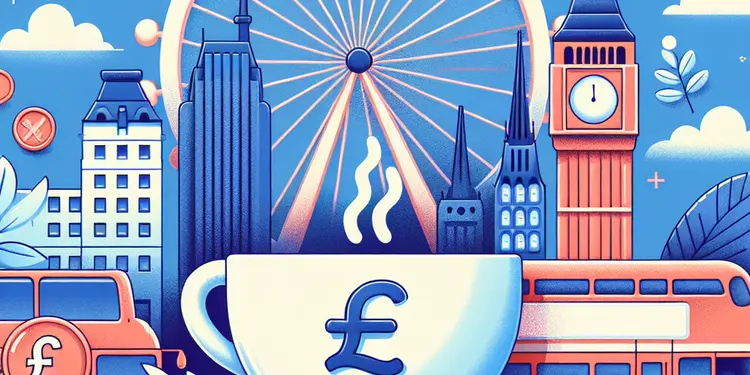
How is health-related anxiety different from general anxiety?
Relevance: 44%
-
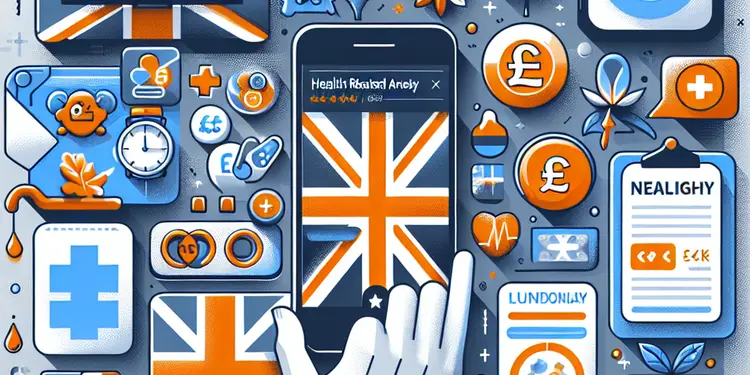
What is health related anxiety?
Relevance: 43%
-
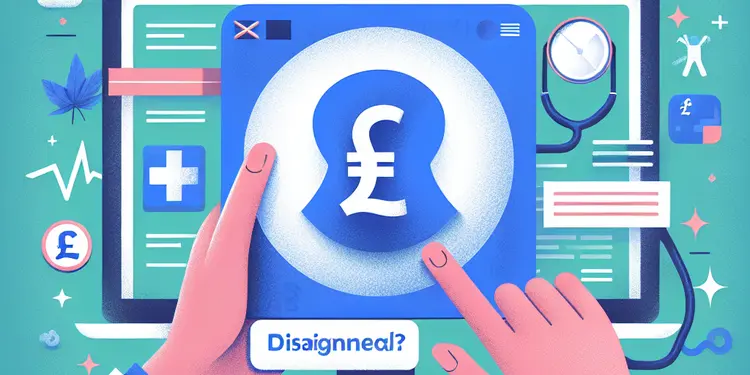
How is health-related anxiety diagnosed?
Relevance: 43%
-

Heart Failure : The normal heart
Relevance: 43%
-
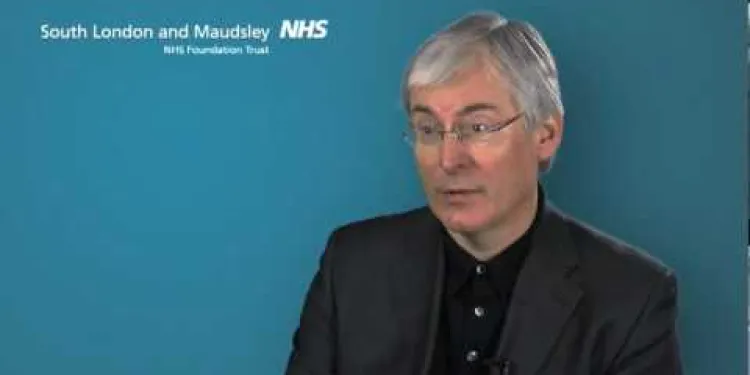
Treating anxiety and depression - www.slam.nhs.uk
Relevance: 43%
-
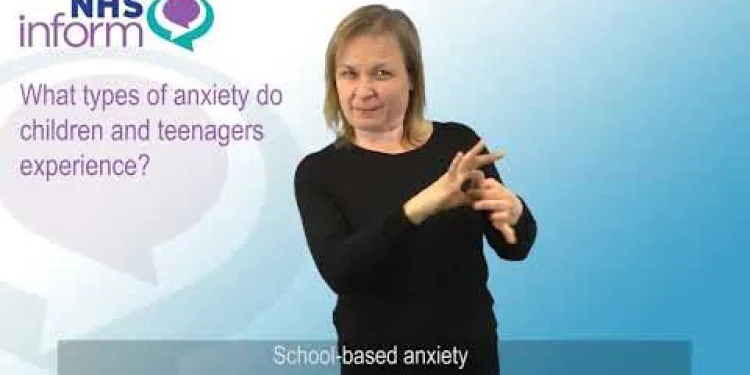
Anxiety in young people
Relevance: 42%
-
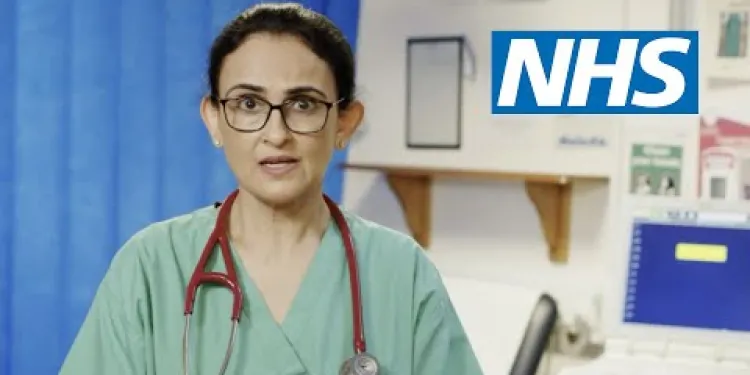
Heart Attack Stories | NHS
Relevance: 42%
-
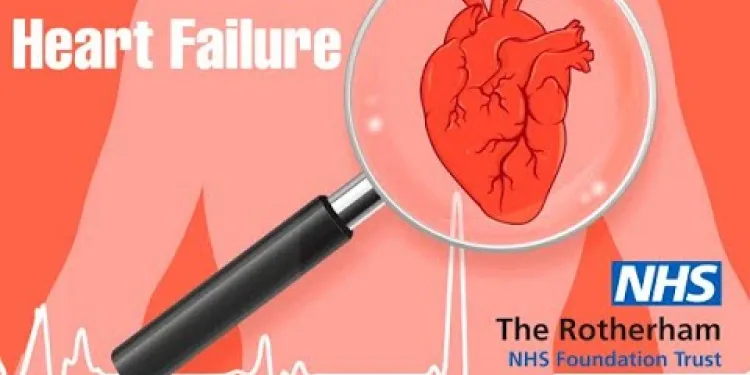
Heart Failure : Heart failure that cannot pump
Relevance: 42%
-
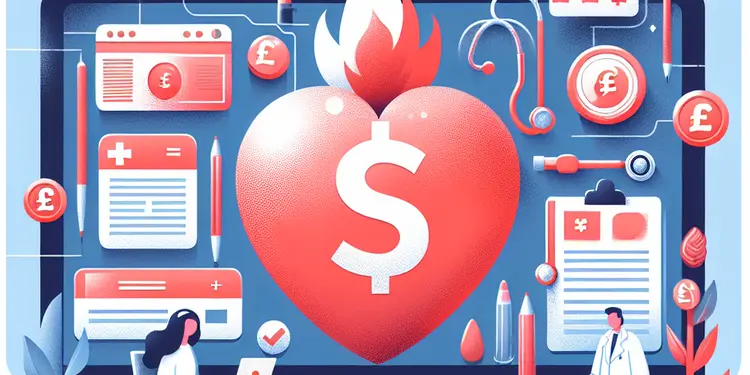
What is health-related anxiety?
Relevance: 42%
-
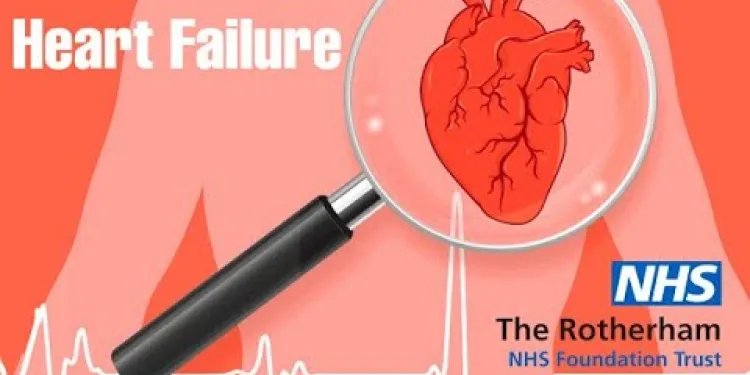
Heart Failure : What is heart failure?
Relevance: 41%
-

Is my abnormal heart rhythm dangerous?
Relevance: 41%
-
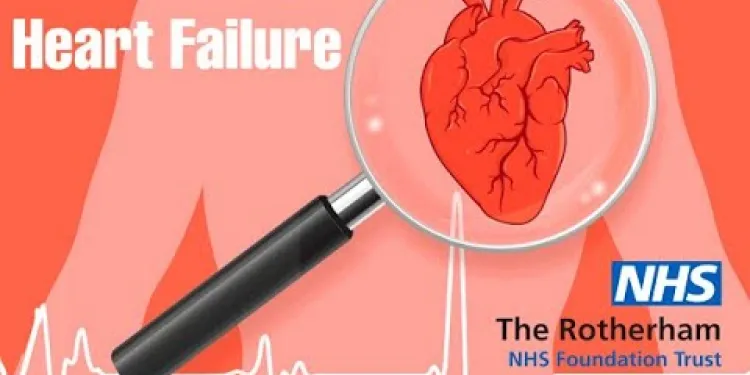
Heart Failure : When the heart becomes stiff?
Relevance: 41%
-
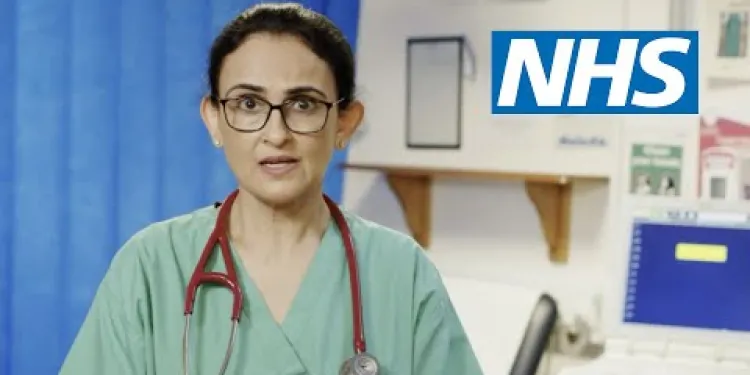
Heart Attack Stories | NHS
Relevance: 41%
-

Coping with Stress and Anxiety
Relevance: 40%
-

Can health-related anxiety lead to actual health problems?
Relevance: 40%
-
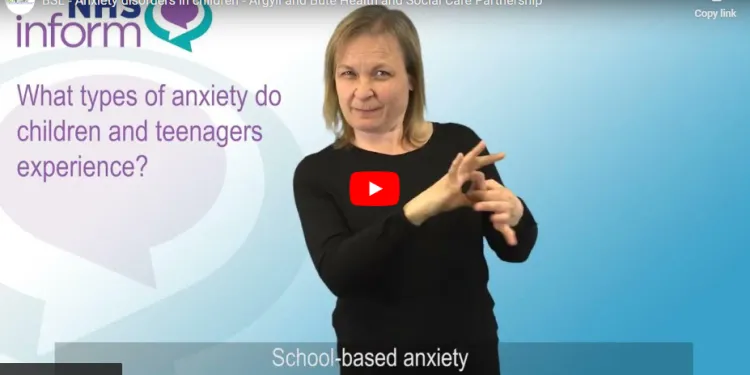
What type of anxiety do children and teenagers experience?
Relevance: 40%
-
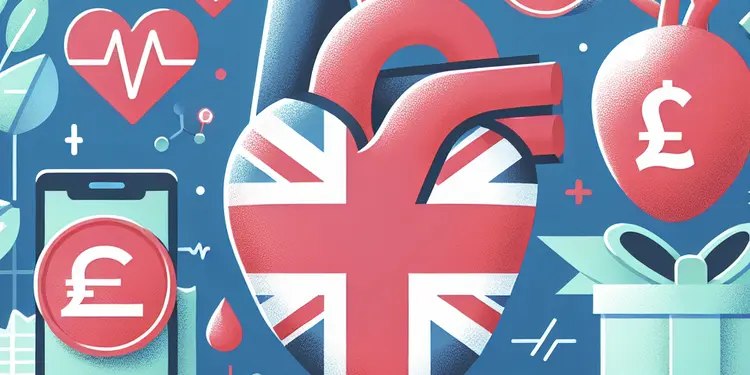
What are the common symptoms of heart failure?
Relevance: 40%
-
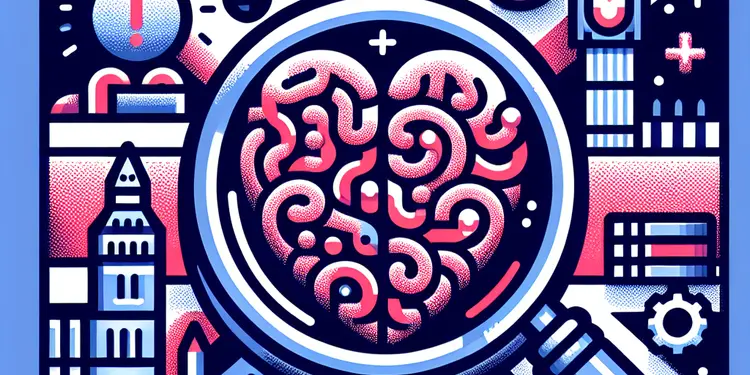
Is health-related anxiety a common condition?
Relevance: 40%
-

Heart failure introduction
Relevance: 39%
-
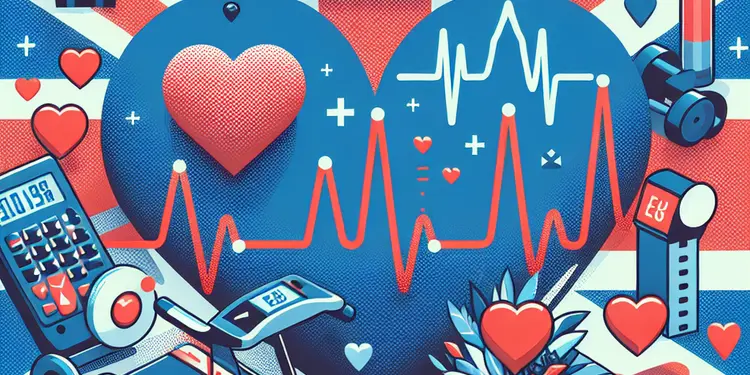
How does exercise impact heart failure?
Relevance: 39%
-

Is my abnormal heart rhythm dangerous?
Relevance: 39%
-
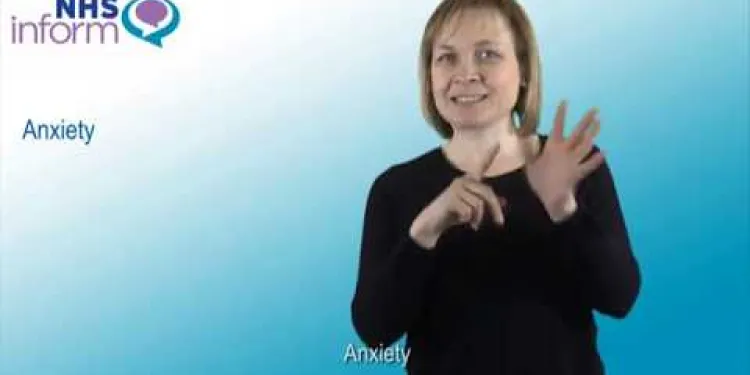
Generalised anxiety disorder (GAD)
Relevance: 38%
-
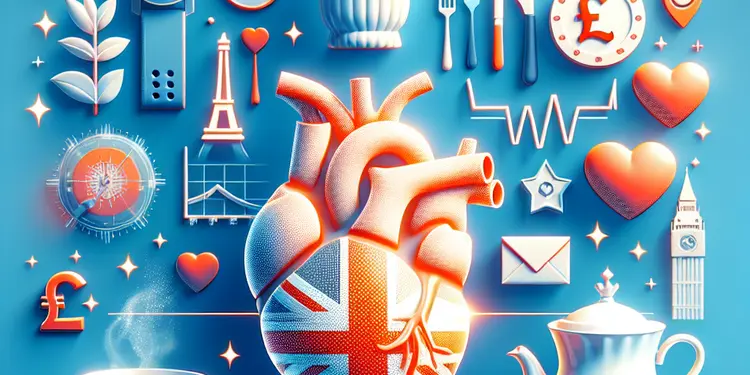
Is it possible to have a heart attack without chest pain?
Relevance: 38%
-
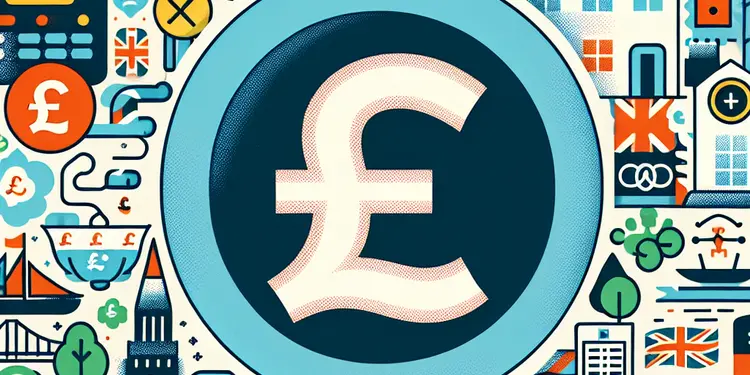
What causes health-related anxiety?
Relevance: 38%
-
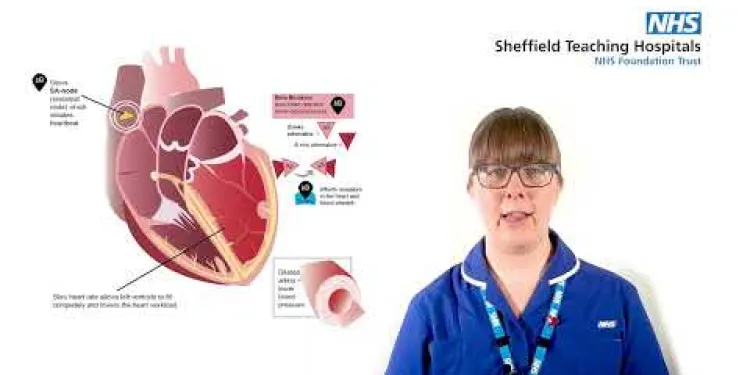
Medicines of the heart
Relevance: 38%
-
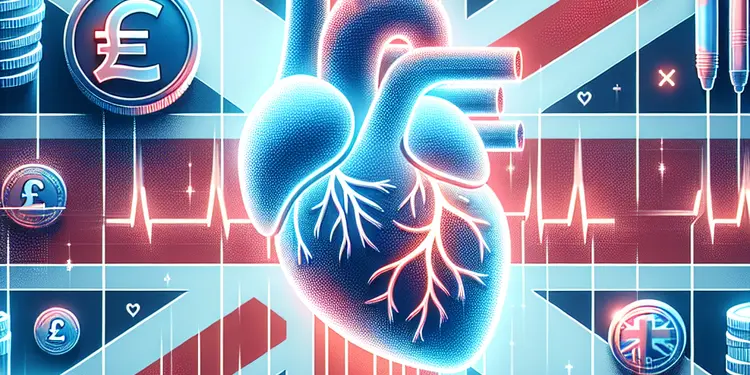
What are the long-term effects of a heart attack?
Relevance: 38%
Understanding Anxiety and Its Physical Manifestations
Anxiety is a common mental health condition that can lead to various physical symptoms. For many people, anxiety triggers the body's "fight or flight" response, releasing stress hormones like adrenaline into the system. This can result in physical sensations that mimic heart problems, creating a confusing overlap between anxiety and cardiac symptoms.
Common Symptoms of Anxiety That Resemble Heart Issues
Individuals experiencing anxiety may report symptoms such as chest pain, palpitations, shortness of breath, dizziness, and a racing heart. Such manifestations are understandably alarming, as they closely resemble those of a heart attack. However, these symptoms typically arise from heightened stress responses rather than actual cardiac dysfunction.
Chest Pain and Tightness
Chest pain related to anxiety is usually sharp and transient, though it can persist and feel like a heavy pressure or tightness. These sensations result primarily from muscle tension and hyperventilation rather than an underlying heart condition.
Palpitations and Racing Heart
Sudden palpitations and an accelerated heart rate are common during anxiety episodes. These symptoms are often due to an adrenaline surge and are typically benign in the absence of cardiovascular disease, although they can feel ominous and discomforting.
Understanding Panic Attacks
Panic attacks are severe forms of anxiety that can often be mistaken for heart attacks. During a panic attack, individuals may experience intense fear, trembling, sweating, and chest discomfort. While extremely distressing, these episodes generally do not result in physical harm and are not indicative of heart disease.
When to Seek Medical Attention
If experiencing symptoms that resemble a heart attack, it is crucial to seek medical attention immediately to rule out any serious cardiac events. In the UK, individuals are advised to call 999 if they suspect they are experiencing a heart attack. It is always better to err on the side of caution when chest pain or related symptoms occur.
Managing Anxiety-Induced Symptoms
For those who experience anxiety-induced heart attack-like symptoms frequently, managing stress and anxiety can be beneficial. Techniques such as deep breathing, mindfulness, regular exercise, and psychological therapies like cognitive behavioural therapy (CBT) can help alleviate the frequency and severity of these episodes.
Conclusion
In summary, anxiety can indeed cause symptoms that resemble a heart attack. Understanding the distinction between anxiety and heart disease symptoms is essential, and consulting with healthcare professionals can provide reassurance and appropriate treatment. Combining medical advice with effective anxiety management strategies can improve the quality of life for those affected by this condition.
Understanding Anxiety and How It Affects the Body
Anxiety is when you feel very worried or scared. It is normal and happens to many people. When you are anxious, your body gets ready to run away or fight. This is called the "fight or flight" response. It can make your heart beat fast and make you feel things that aren't real heart problems. This can be confusing because it feels like a heart problem.
How Anxiety Feels Like Heart Problems
When you are anxious, you might feel like your chest hurts, your heart beats really fast, you can't breathe well, you feel dizzy, or your heart races. These feelings can be scary because they seem like having a heart problem. But they are usually just your body reacting to stress and not actual heart trouble.
Chest Pain and Feeling Tight
Chest pain from anxiety usually feels sharp or light, but it can also feel heavy or tight. This happens because your muscles get tight and you might breathe too quickly. It's not because of a heart problem.
Fast Heartbeat and Heart Pounding
When you're really worried, your heart might beat fast. This is because your body makes a chemical called adrenaline. It usually means your heart is okay, even if it feels scary or uncomfortable.
What Are Panic Attacks?
Panic attacks are strong feelings of fear. They can feel like a heart attack because your heart might pound, and you might feel very scared, shaky, sweaty, and have chest pain. They don't hurt your heart, but they are still scary.
When to See a Doctor
If you feel like you might be having a heart attack, you should see a doctor right away. In the UK, call 999 if you think you’re having a heart attack. It's always safe to make sure you are okay when you have chest pain or feel like something is wrong.
Ways to Feel Better with Anxiety
If you often feel like you are having heart problems because of anxiety, you can try to relax and reduce stress. You can do deep breathing, think calm thoughts, exercise, and talk to a therapist. These can make you feel better.
Conclusion
Anxiety can make you feel like you're having a heart attack. It is important to know the difference between anxiety and heart problems. Talking to doctors can help you feel safe and get the right help. Using the right ways to manage anxiety can make you feel better and live happier.
Frequently Asked Questions
Useful Links
This website offers general information and is not a substitute for professional advice.
Always seek guidance from qualified professionals.
If you have any medical concerns or need urgent help, contact a healthcare professional or emergency services immediately.
Some of this content was generated with AI assistance. We’ve done our best to keep it accurate, helpful, and human-friendly.
- Ergsy carfully checks the information in the videos we provide here.
- Videos shown by Youtube after a video has completed, have NOT been reviewed by ERGSY.
- To view, click the arrow in centre of video.
- Most of the videos you find here will have subtitles and/or closed captions available.
- You may need to turn these on, and choose your preferred language.
- Go to the video you'd like to watch.
- If closed captions (CC) are available, settings will be visible on the bottom right of the video player.
- To turn on Captions, click settings .
- To turn off Captions, click settings again.
More Items From Ergsy search
-

Can anxiety cause heart attack-like symptoms?
Relevance: 100%
-

Can health-related anxiety cause physical symptoms?
Relevance: 60%
-

Heart Attack Symptoms - Help Us Help You | NHS
Relevance: 57%
-

Heart Failure : Symptoms of heart failure
Relevance: 56%
-

Can heart attack symptoms vary by age?
Relevance: 54%
-

What are common symptoms of health-related anxiety?
Relevance: 53%
-

How long do heart attack symptoms last?
Relevance: 53%
-

What should I do if I'm experiencing heart attack symptoms?
Relevance: 50%
-

Heart Attack Symptoms - Peter Dale (Tubes) | NHS
Relevance: 49%
-

Are heart attack symptoms different for people with diabetes?
Relevance: 49%
-

What should I do if I experience symptoms of heart failure?
Relevance: 48%
-

Heart Attack Symptoms - Peter Dale (Tubes) | NHS - BSL version
Relevance: 48%
-

Can women have different heart attack symptoms than men?
Relevance: 48%
-

Anxiety | NHS
Relevance: 47%
-

How is health-related anxiety different from general anxiety?
Relevance: 44%
-

What is health related anxiety?
Relevance: 43%
-

How is health-related anxiety diagnosed?
Relevance: 43%
-

Heart Failure : The normal heart
Relevance: 43%
-

Treating anxiety and depression - www.slam.nhs.uk
Relevance: 43%
-

Anxiety in young people
Relevance: 42%
-

Heart Attack Stories | NHS
Relevance: 42%
-

Heart Failure : Heart failure that cannot pump
Relevance: 42%
-

What is health-related anxiety?
Relevance: 42%
-

Heart Failure : What is heart failure?
Relevance: 41%
-

Is my abnormal heart rhythm dangerous?
Relevance: 41%
-

Heart Failure : When the heart becomes stiff?
Relevance: 41%
-

Heart Attack Stories | NHS
Relevance: 41%
-

Coping with Stress and Anxiety
Relevance: 40%
-

Can health-related anxiety lead to actual health problems?
Relevance: 40%
-

What type of anxiety do children and teenagers experience?
Relevance: 40%
-

What are the common symptoms of heart failure?
Relevance: 40%
-

Is health-related anxiety a common condition?
Relevance: 40%
-

Heart failure introduction
Relevance: 39%
-

How does exercise impact heart failure?
Relevance: 39%
-

Is my abnormal heart rhythm dangerous?
Relevance: 39%
-

Generalised anxiety disorder (GAD)
Relevance: 38%
-

Is it possible to have a heart attack without chest pain?
Relevance: 38%
-

What causes health-related anxiety?
Relevance: 38%
-

Medicines of the heart
Relevance: 38%
-

What are the long-term effects of a heart attack?
Relevance: 38%


